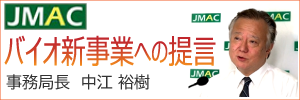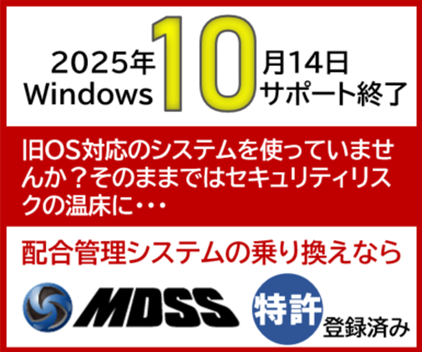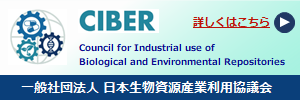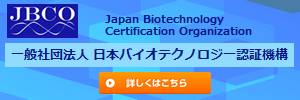Standardization: What is standardization?
|
ISO/ IEC Guide 2 1 Standardization |
One of the roles of standardization is to provide a common language
The above contents shown in ISO / IEC Guide 2 are introduced in numerous documents and websites. It clearly specifies that the “Important benefits of standardization are improvement of the suitability of products, processes and services for their intended purposes, prevention of barriers to trade and facilitation of technological cooperation.”
The term “standards” or “standardization” is sometimes associated with coercion of certain methods. However, when JMAC or other organizations involved in developing standards use the words “standard” or “standardized”, their meaning is based on the above definition. International standardization is being promoted in each industrial field, and the composition of members from participating countries differ according to the degree of national interest in each field.
The role of international standardization is to realize international trading by providing and sharing a common language among international industries in each industry field. A common language is not limited to the definition of terms, but also refers to all international standards such as common data formats, common guidelines for interpretation, common quality management systems, and so on. These standards are specified in the form of ISO documents.
With the notion of “international standardization = formation of international rules”, JMAC and other standardization organizations conduct activities for national and industrial interests. In the case of JMAC, we support the formation of international rules for the biotechnology industry.
We hope that you will consider “standards” or “standardization” not as something decided “somewhere” that you must comply with, but as a chance to participate in the rule-making process that you should proactively take part in.







